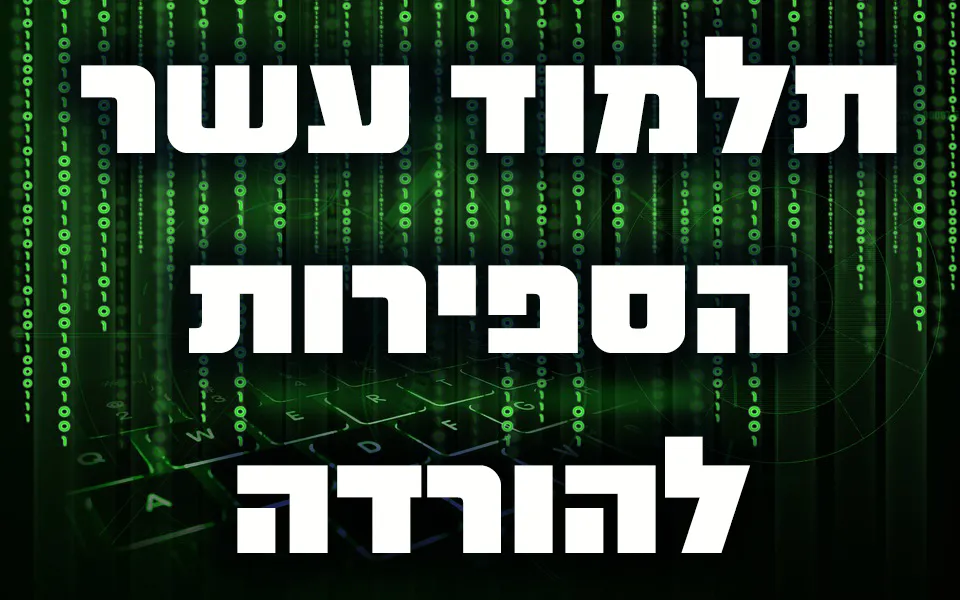kabbalah
This video transcript presents an introduction to a philosophy course on justice, centered around the famous "trolley problem" and other moral dilemmas. It begins by presenting a classic utilitarian scenario: a runaway trolley headed toward five workers, with the possibility of diverting it to a single person on a side track. Most people agree that sacrificing one to save five is the right choice. However, a variation—pushing a "fat man" off a bridge to stop the trolley and save five—elicits significant moral hesitation despite the similar outcome. This distinction introduces a tension between consequentialist and categorical ethical reasoning: whether morality depends solely on outcomes or on intrinsic qualities of the acts themselves.
The course then explores further variations involving doctors deciding whom to save or sacrifice, highlighting the difficulty in applying simple utilitarian calculus when the acts feel more personal or direct. The two dominant moral philosophies emerge clearly: consequentialism, which judges actions by their results (most prominently utilitarianism), and categorical morality, rooted in absolute duties and rights regardless of consequences (most famously represented by Immanuel Kant).
The transcript also discusses the political and personal risks of philosophical inquiry. Philosophy unsettles familiar assumptions, pushing individuals toward uncomfortable self-knowledge and detachment from societal conventions. It warns against the evasion of skepticism which, though tempting when enduring irresolvable debates, ultimately fails because these moral questions are unavoidable in daily life.
Further, the video recounts a real-life legal case, Queen v. Dudley and Stephens, involving shipwreck survivors who kill a cabin boy to survive, raising the question of whether necessity justifies murder. This presents contrasting views: some see survival as an excuse, while others maintain that murder is inherently wrong. The concepts of consent, fairness (e.g., a lottery), and societal norms come under rigorous examination. The inhabitants of the discussion commonly reject murder even under dire circumstances, leading to complex questions about the moral force of consent and procedure, and how these can potentially justify actions otherwise deemed wrong.
The video closes by outlining upcoming course content, which includes reading classic philosophical works by Bentham, Mill, Kant, and others, alongside engaging with contemporary political and legal controversies. The ultimate aim is to awaken critical thinking and moral reasoning, despite the challenging risks that philosophy poses both to individual belief and public engagement.
### Highlights
– ⚖️ The classic trolley problem introduces the tension between saving the many at the expense of the few.
– 🔄 Moral intuitions diverge when the act becomes more direct, e.g., pushing a person vs. diverting a trolley.
– 📚 The course contrasts consequentialist ethics (utilitarianism) with categorical ethics (Kantian duty).
– 🧠 Philosophy unsettles familiar beliefs, forcing critical self-examination with both personal and political risks.
– 🛳️ The Queen v. Dudley and Stephens case dramatizes the conflict between necessity and moral absolutes.
– ✔️ Consent and fairness (e.g., lotteries) are central concepts in determining ethical permissibility.
– 🤔 Skepticism is a common evasion, but philosophical reflection remains essential because moral questions are unavoidable.
### Key Insights
– ⚡ **The moral difference between indirect and direct harm:** The majority's willingness to divert a trolley but reluctance to push a man off a bridge reveals how the causal role and proximity of an agent influence our moral judgments. This suggests that ethical evaluation is not solely about outcomes but also about how those outcomes are brought about, highlighting a psychological and moral complexity beyond simple calculus.
– 🔍 **Consequentialism versus categorical ethics:** The discussion introduces consequentialist reasoning, which claims the morality of an action lies in its results (e.g., saving more lives), against Kantian categorical thinking, which holds that some acts (like murder) are intrinsically wrong regardless of outcomes. This fundamental debate is central to moral philosophy and frames how we assess justice, rights, and duties in real-life issues.
– 🧨 **Philosophy’s unsettling transformative power:** The lecturer notes the paradox that philosophy teaches what we already know but estranges us from the familiar by making us question assumptions we took for granted. This "lost innocence" brings personal and political risks but is essential in developing mature reasoning. Philosophy is thus both liberating and destabilizing, demanding intellectual courage.








